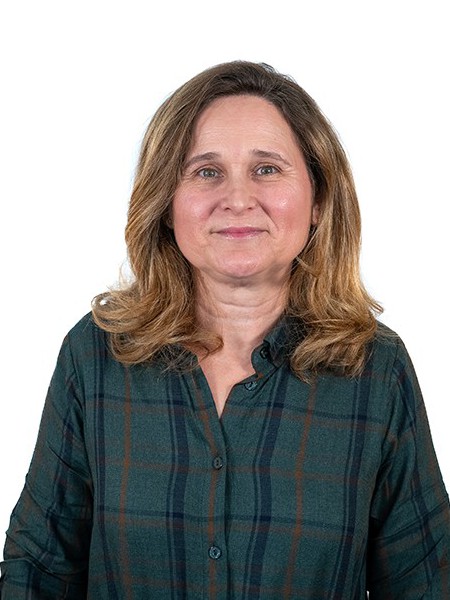resumo
Featured Application Development of inexpensive waste-based porous bulk adsorbents with methylene blue adsorption capacity. The use of methylene blue (MB) by several industries generates contaminated industrial wastewaters that must be purified before discharge into the environment. Its removal can be achieved by adsorption, and low-cost and easily available materials should be used as adsorbents. Biomass fly ash (BFA) generated from biomass combustion, for heat and power generation, is increasing worldwide since the process is considered CO2 neutral. However, most of the ash is still landfilled. This study aims to evaluate the valorisation of BFA as a low-cost porous bulk adsorbent for MB removal from wastewaters. The monoliths were obtained after 14 days of curing just after adding water and a porogenic agent (aluminium powder) to the BFA, using the self-hardening ability of this waste. The BFA was characterised for chemical (XRF) and mineralogical (XRD) composition, particle size distribution (laser diffraction-COULTER) and morphology (SEM). The monolith sample cured for 14 days was characterised for density, porosity (total and open), microstructure, compressive strength, and MB removal ability (batch tests). The results showed that the addition of aluminium powder (0.09 wt.%) promoted an increase in interconnected porosity and the MB removal efficiency reached 80% for the most porous samples. The equilibrium data for the adsorption process were well characterised by a type 2 Langmuir isotherm equation with a monolayer adsorption capacity (q(max)) that ranged from 0.22 to 0.66 mg/g.
palavras-chave
FLUIDIZED-BED COMBUSTION; GEOPOLYMER; SORPTION; PEAT; WOOD; DYES
categoria
Chemistry; Engineering; Materials Science; Physics
autores
Capela, MN; Cesconeto, FR; Pinto, PC; Tarelho, LAC; Seabra, MP; Labrincha, JA
nossos autores
Grupos
G3 - Materiais EletroquÃmicos, Interfaces e Revestimentos
G4 - Materiais Renováveis e Economia Circular
Projectos
InPaCTus - Innovative Products and Technologies from Eucalyptus Project (InPacTus)
CICECO - Aveiro Institute of Materials (UIDB/50011/2020)
CICECO - Aveiro Institute of Materials (UIDP/50011/2020)
Associated Laboratory CICECO-Aveiro Institute of Materials (LA/P/0006/2020)
Collaboratory for Emerging Technologies, CoLab (EMERGING TECHNOLOGIES)
agradecimentos
This work was supported by Portugal 2020 through the European Regional Development Fund (in the frame of Operational Competitiveness and Internationalization Program) in the scope of the project INPACTUS, POCI/01/0247/FEDER/21874 and in the scope of the project CICECO-Aveiro Institute of Materials, UIDB/50011/2020, UIDP/50011/2020 and LA/P/0006/2020 financed by national funds through the FCT/MEC (PIDDAC). It is acknowledged the financial support to CESAM by the Portuguese Foundation for Science and Technology (FCT)/Ministry of Science, Technology and Higher Education (MCTES) UIDP/50017/2020+UIDB/50017/2020+LA/P/0094/2020, through national funds.





